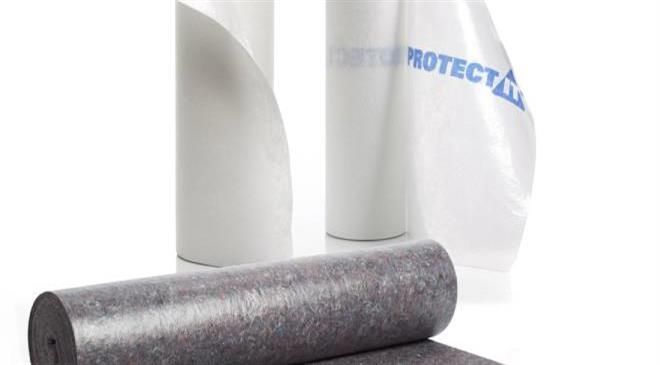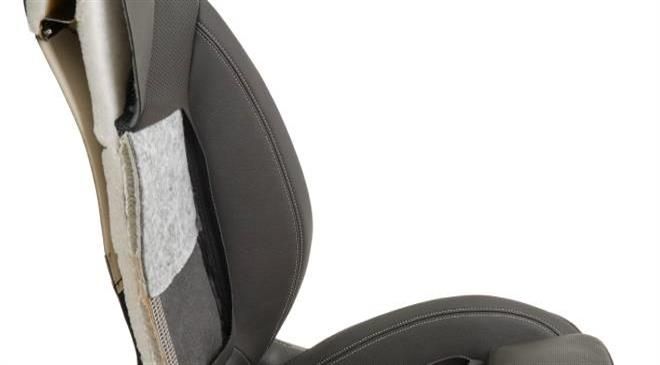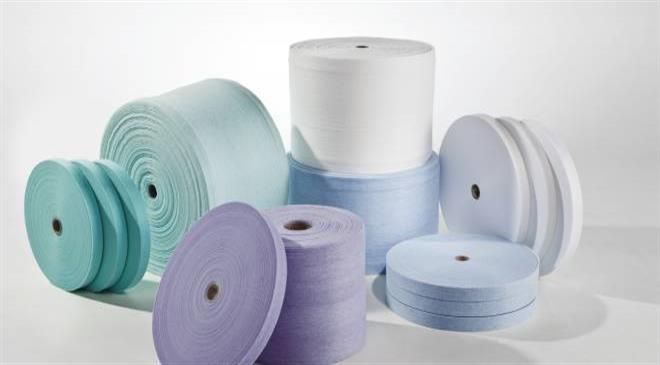Increased preference for “local for local” sourcing
The TWE Group is one of the leading global players in the nonwovens industry and a reliable partner for innovative nonwoven solutions. Ingo Soller, General Manager–Asia, TWE Group, spoke to Fibre2Fashion about the company’s positioning in the worldwide nonwovens market, the ongoing trends, and the application areas which are likely to see a steady growth in future.
TWE is a global nonwoven manufacturer, providing individual smart solutions for every customer. You will find our materials in hygiene and medical products, in automotive parts, as a filtration media, in building applications, in products used for day-to-day living, and as cleaning wipes. This wide range of application gives us a deep knowledge of all kinds of raw materials. TWE is focused on carded nonwovens and has a large number of carding lines globally. To create the best materials for our customers, material know-how and a fundamental understanding of our customer’s needs and processes is key. This is what makes the difference between TWE and many other manufacturers.
We are facing similar challenges like any other company. One advantage for us and therefore for our customers is to have manufacturing locations on several continents. This provides us with a degree of flexibility in our supply chain in case of any shortage or delay. High raw material prices and unprecedentedly high shipping container prices are also a burden for us.
I can simply say that in this pandemic situation, TWE’s long-term strategy is now paying off. TWE has strived to be a trusted partner for our customers and in the same way for our suppliers. In Asia, we did not fail to fulfil a single order from our customers; at the end, this gave us additional business.

It is not just the pandemic, which has changed the market over the last few years. I would highlight two trends here, because they effect all business areas. The first trend is the sourcing of material, whereby there is an increased preference for “local for local” sourcing, even if it is more expensive. The second trend, and this is a global trend, is the approach towards offering sustainable nonwovens. TWE has followed this trend for quite some time, and customer feedback has always been very positive.
To answer this question, we have to look into technologies, regions and business areas. I see the biggest potential for Asia. Countries like China, India and Indonesia will growth 5-20 per cent. In Europe and the US, the growth rates will be lower, but here also you can find business areas with good potential.

Products, which enable customers to achieve their own goals or strategies that allow to provide sustainable products, will grow. For example, TWE supplies material used in automotive parts which allows the OEM to make a significant contribution to the recyclability of a car. Also for the building industry, we have received good feedback regarding our social plastic-based nonwoven.
TWE is a German, family-owned company with a long history of nonwoven manufacturing. The 12 production sites are in Europe, US and China, close to our customers. TWE sells nonwovens in more than 80 countries worldwide.
Looking at the top line--the technical textile and nonwoven industry will most probably not grow significantly. On the other hand, you will find examples for growth driven by technology and innovation in those markets also in the years to come.

Market trends, customer needs and business cultures are different in every region. This makes my task both complex and interesting at the same time. I have to adapt to the situation as given every day, be open to a different point of view and see myself as translator for information. I must always understand the perspective of a person, consider that I might be wrong, and I also like the diversity in Asia.
DISCLAIMER: All views and opinions expressed in this column are solely of the interviewee, and they do not reflect in any way the opinion of technicaltextile.net.